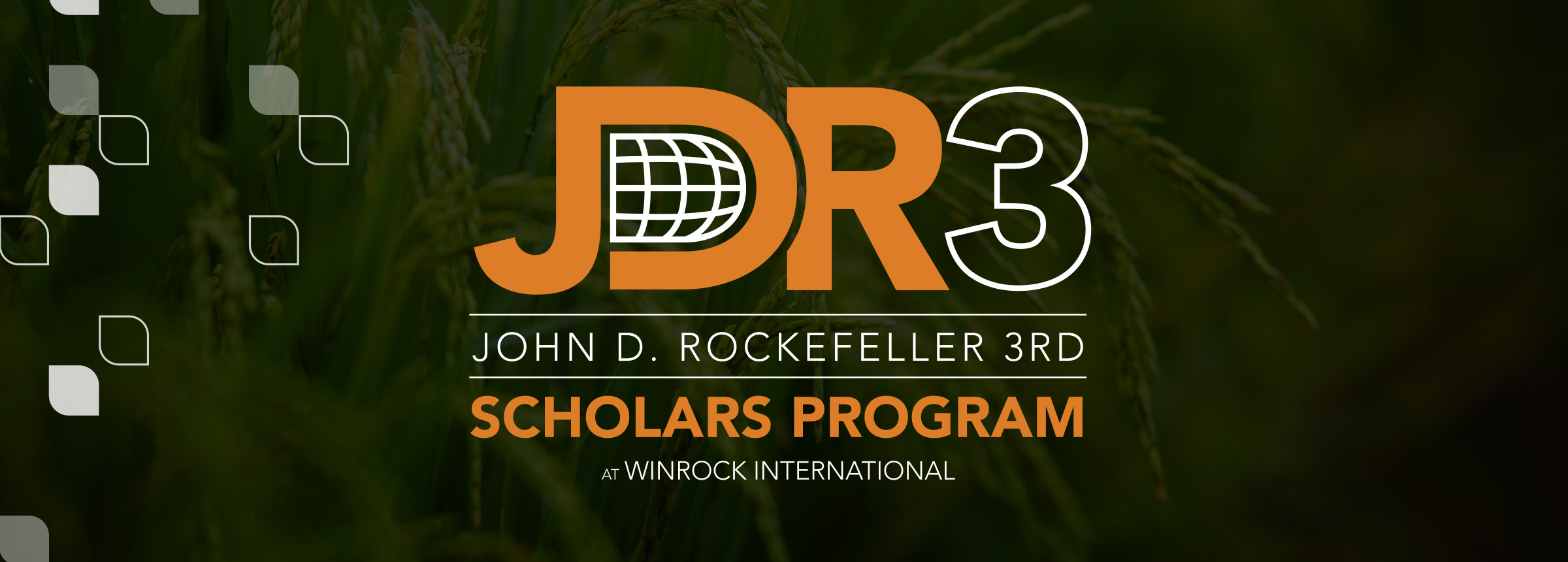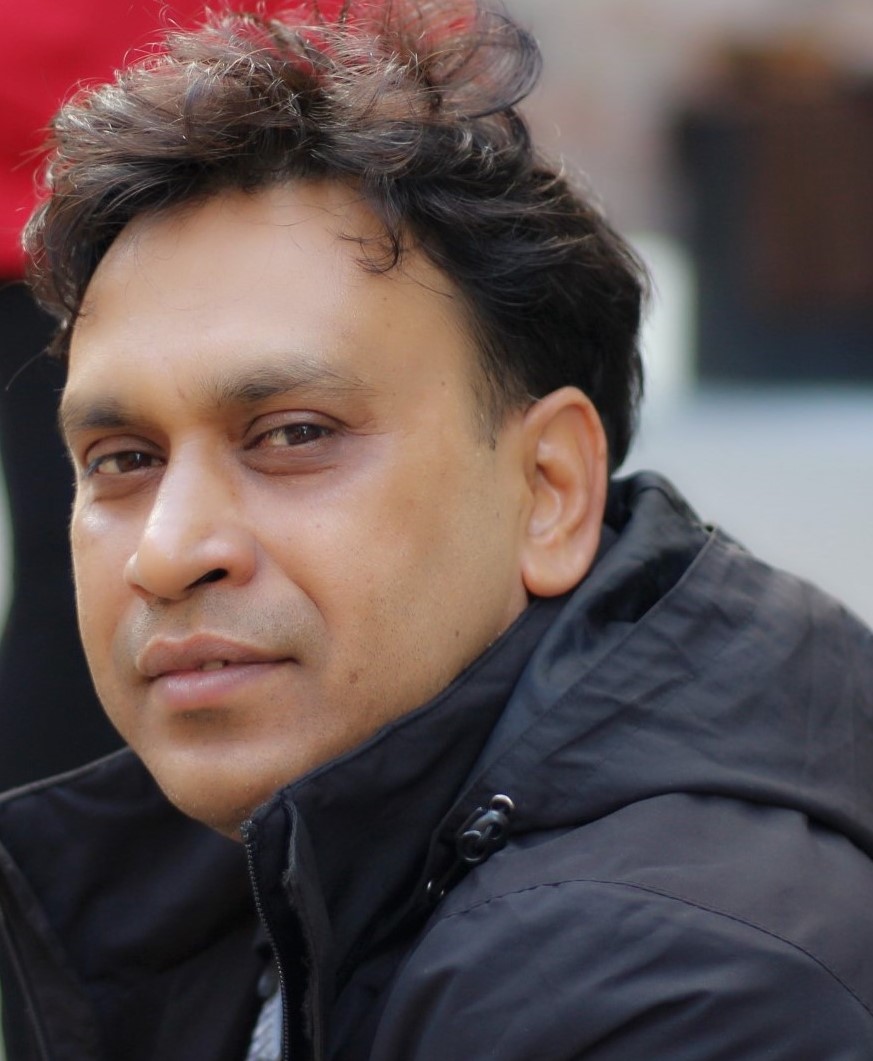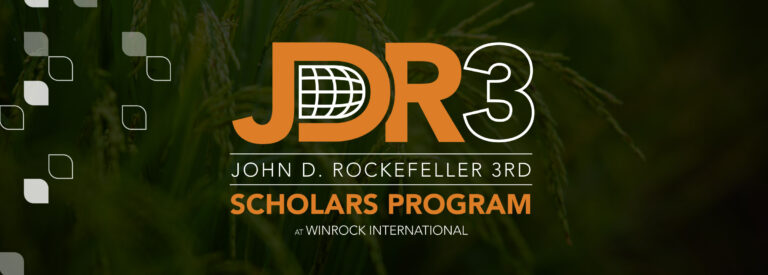
JDR3 Spotlight: Hafijul Islam Khan
4/18/19

Can you tell us a bit about yourself – where you come from and how you came to work in your current field?
I am a lawyer and climate change negotiator. I have been working for 16 years. I am leading an organization called the Center for Climate Justice as an executive director.
What are your best memories from conducting the research?
I would like to express my gratitude to JDR for supporting us. Governance is very critical for Bangladesh. We wanted to provide some on-the-ground evidence on wetland management in Bangladesh. If you look at the team, we had one professor, one sociologist and I’m a lawyer. The team was a beautiful combination. We also engaged the Ministry of Land, as well as a professor from Chittagong University and research assistants. As a team leader it was my mission to form a multidisciplinary team. We tried to collect evidence on the ground and produce a beautiful report with policy recommendations. This research helped us build our capacity on critical wetland policies in Bangladesh.
How do you think the JDR3 research study helped you with your research skills?
JDR research support was really useful for doing actual research for a particular policy issue. It helped us to form a multi-disciplinary and connected team. Our research was really different. We collected evidence on the ground regarding community management instead of private management. We produced beautiful evidence in favor of community management. If you look at the policy research, based on the evidence we found on the ground, we identified the existing gaps and provided useful recommendations. The issue is to change the policy based on the recommendations. In developing countries, there are so many studies providing policy recommendations, but the government is not considering those recommendations. We need to work on advocacy to change such policies. I will do a Ph.D. on climate change. I started my PhD work at Waterloo University in Canada in September 2018.
How do you think the JDR3 experience helped you communicate your research studies to policymakers? Have you utilized these skills after the completion of the JDR3 study? Please provide examples.
If you look at the methodology, we consulted with communities and local government and policymakers. And we made recommendations for policy based on the field evidence. Research must be practical, and our study helped us understand how to do policy research. We went to the community. We consulted with the community, local government, local and international experts and policymakers. This is how a policy must be. This is an example for us and other researchers on how to do a policy research. If we can publish this research in a journal, it would be a great example.
What impact on policy do you think your research has made? Please be specific.
It is frustrating when we try to provide policy recommendations. It is a challenge to reform policy. We shared our policy recommendations with the government through our experts and highest-ranking policymakers. All of those recommendations are stuck in the Ministry. No one is looking at those recommendations. We are stuck in the traditional government structure. That’s why we want to start the next phase to push the policymakers to reform the policy.
Have you been able to secure more funding for your research (in this area or other related areas) after the JDR3 study? How many publications (i.e. books, peer-reviewed papers) have you published after the JDR3 study in this area of research and other topics?
This research helped us understand how to do policy research and build our capacity. Unfortunately, I haven’t been able to secure more funding, but one of my colleagues from this project is now involved with an organization. I myself am involved with some projects on climate change. My particular focus is on wetland climate change and what the wetland community is facing.
What are you most proud of in your career? How do you think the JDR3 experience has helped you with your professional career?
JDR helped me understand the approaches and methodology for policy research and how to produce evidence-based policy recommendations. It helped me understand how to do policy research. It helped me mature as a researcher. In my Ph.D. program at Waterloo University, I will take the same approach to climate change in Bangladesh, Bhutan and Nepal. I will identify the gaps and prepare policy recommendations for these three governments. I will follow the same approach we used for JDR. Now I’m thinking about challenges not just in Bangladesh but also in other South Asian countries.
Do you have any suggestions/recommendations for future JDR3 researchers and/or the JDR3 management team/Winrock?
Identify critical issues so that future researchers can provide evidence-based policy recommendations. I suggest that they continue their research because recommendations need to be useful to change the policy. Like us, if it stops after one year, it doesn’t make sense at all. They need to take the initiative to change the policy. I would like to recommend that JDR support researchers not only in critical issues but also support them to continue so that they can help the government change policy. You need to continue your support. One year of research is not sufficient.
Related Projects

